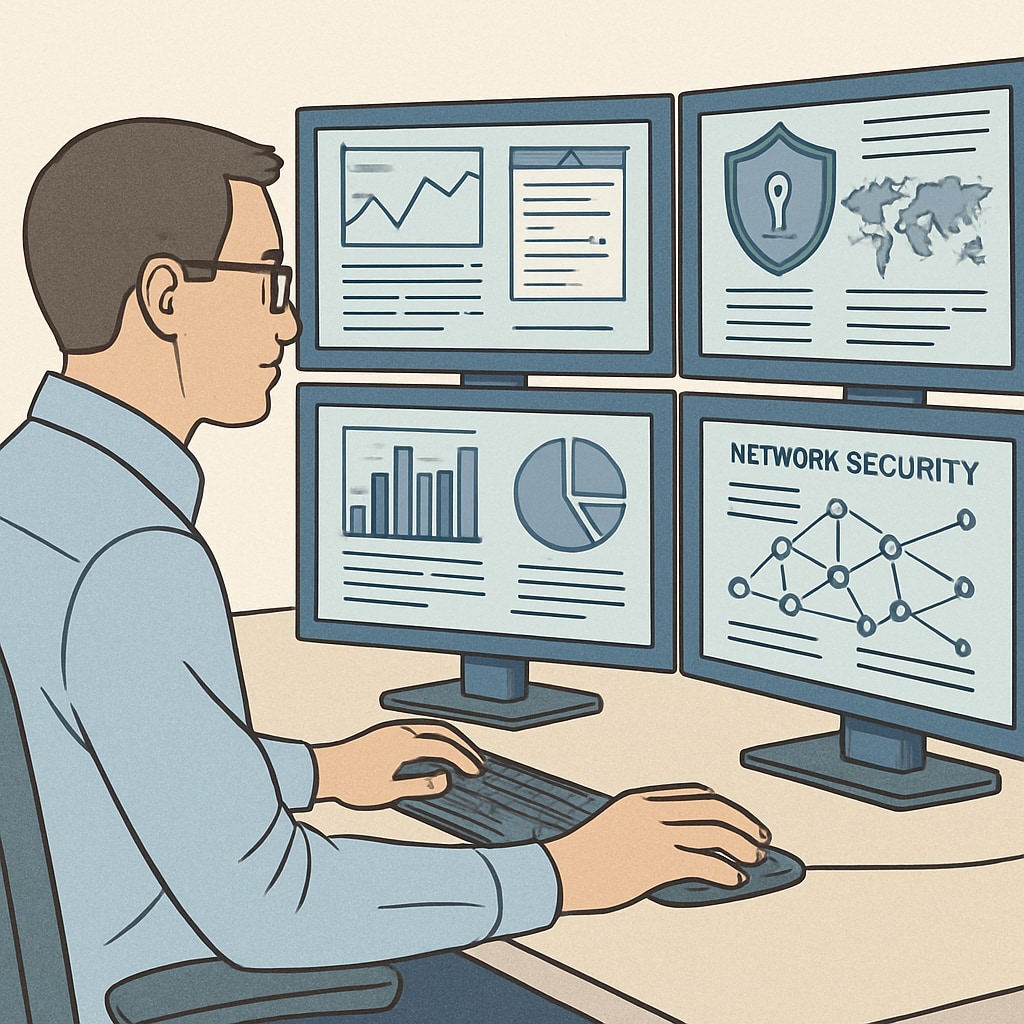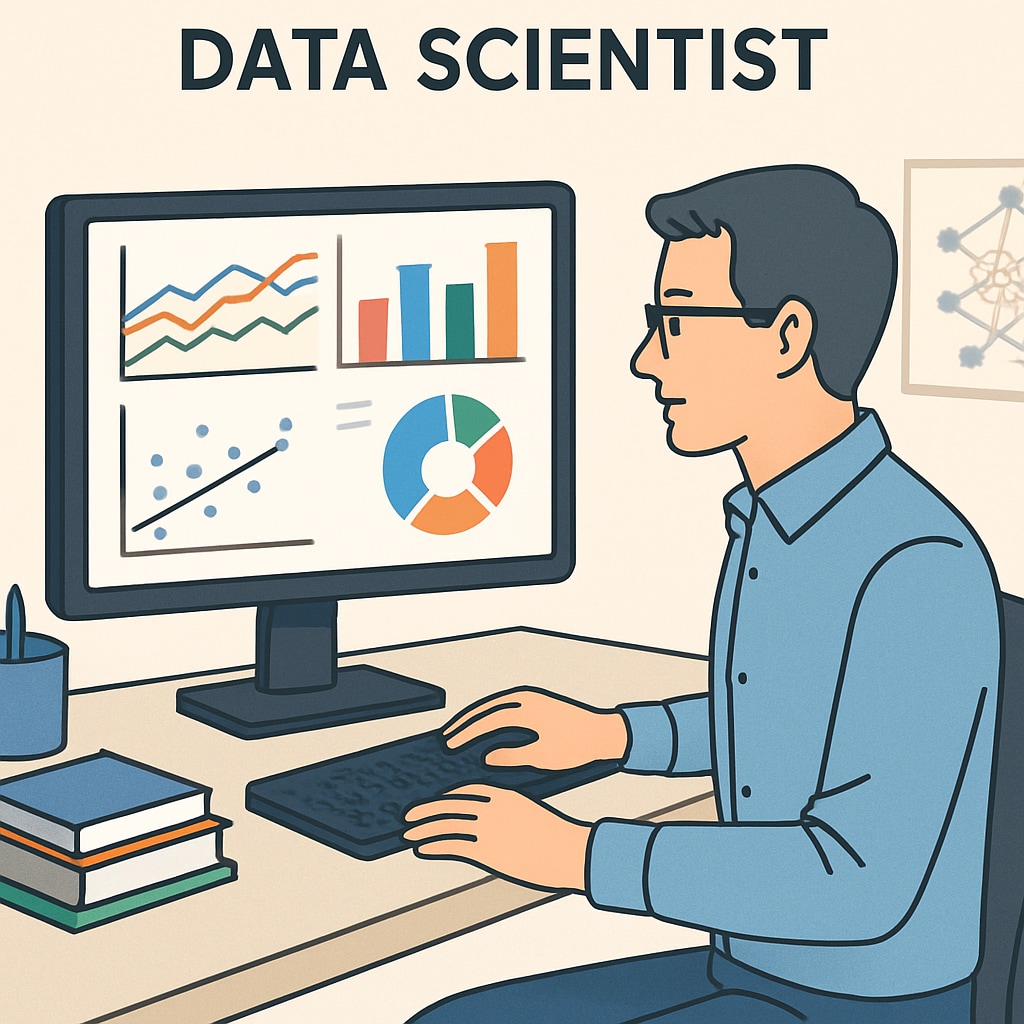The digital revolution has transformed the world, making cybersecurity and data science engineering two of the most sought-after fields. For K12 students exploring their future career options, understanding these paths is vital. Both fields offer lucrative opportunities, distinct lifestyles, and unique challenges, making the choice between cybersecurity and data science engineering a significant decision.

Understanding Cybersecurity and Data Science Engineering
Before diving into career choices, it’s essential to grasp what cybersecurity and data science engineering entail. Cybersecurity focuses on protecting digital assets, networks, and systems from threats like hacking, malware, and data breaches. Professionals in this field design security protocols, analyze vulnerabilities, and respond to cyberattacks.
Data science engineering, on the other hand, revolves around collecting, analyzing, and interpreting large datasets to generate actionable insights. It spans fields like machine learning, artificial intelligence, and predictive analytics, enabling organizations to make data-driven decisions.

Learning Paths: Cybersecurity vs. Data Science Engineering
Both career paths require a strong foundation in technology, but their educational routes differ:
- Cybersecurity: Students often pursue degrees in computer science, information technology, or cybersecurity. Certifications like CompTIA Security+, CISSP, and ethical hacking courses are highly valued in the industry.
- Data Science Engineering: A degree in computer science, statistics, or data science is typically required. Proficiency in programming languages such as Python and R, and tools like TensorFlow and Hadoop, is crucial.
For K12 students, early exposure to coding, logical reasoning, and data analytics through school programs or online platforms can be beneficial for both fields.
Career Prospects and Salary Potential
Both fields offer promising career prospects, but the job roles and opportunities vary:
- Cybersecurity: Cybersecurity specialists, penetration testers, and security analysts are in high demand across industries ranging from finance to healthcare. According to U.S. Bureau of Labor Statistics, cybersecurity roles are expected to grow significantly, with median salaries exceeding $100,000 annually.
- Data Science Engineering: Data scientists, machine learning engineers, and business analysts are integral to companies leveraging big data. As per Britannica, the demand for data professionals continues to rise, with salaries often matching or surpassing those in cybersecurity.
Choosing between these careers often depends on personal interests. Cybersecurity appeals to those passionate about defending systems, while data science attracts problem-solvers who enjoy working with data.
Lifestyle and Work Environment
Cybersecurity professionals often operate in high-pressure environments, responding to threats in real-time and analyzing vulnerabilities. Their work may involve irregular hours, especially during cybersecurity incidents.
Data scientists typically work in structured environments, focusing on research, algorithm development, and data modeling. Their roles are generally less reactive than those in cybersecurity, offering a more predictable work schedule.
For K12 students, exploring internships or shadowing professionals in these fields can provide valuable insights into daily responsibilities and work culture.
Making the Right Career Choice
Ultimately, choosing between cybersecurity and data science engineering depends on individual interests, skills, and lifestyle preferences. Here are a few questions to guide K12 students:
- Do you enjoy problem-solving and defending against cyber threats?
- Are you fascinated by data analysis and predictive modeling?
- What type of work environment and daily tasks appeal to you?
Both fields are vital in the digital age and offer rewarding career opportunities. By starting early and exploring interests through school programs or online courses, students can pave the way for a successful future in technology.
Readability guidance: Clear explanations, concise paragraphs, and practical advice ensure this article is accessible to K12 students and their families. Lists and examples make the content engaging and easy to navigate.


